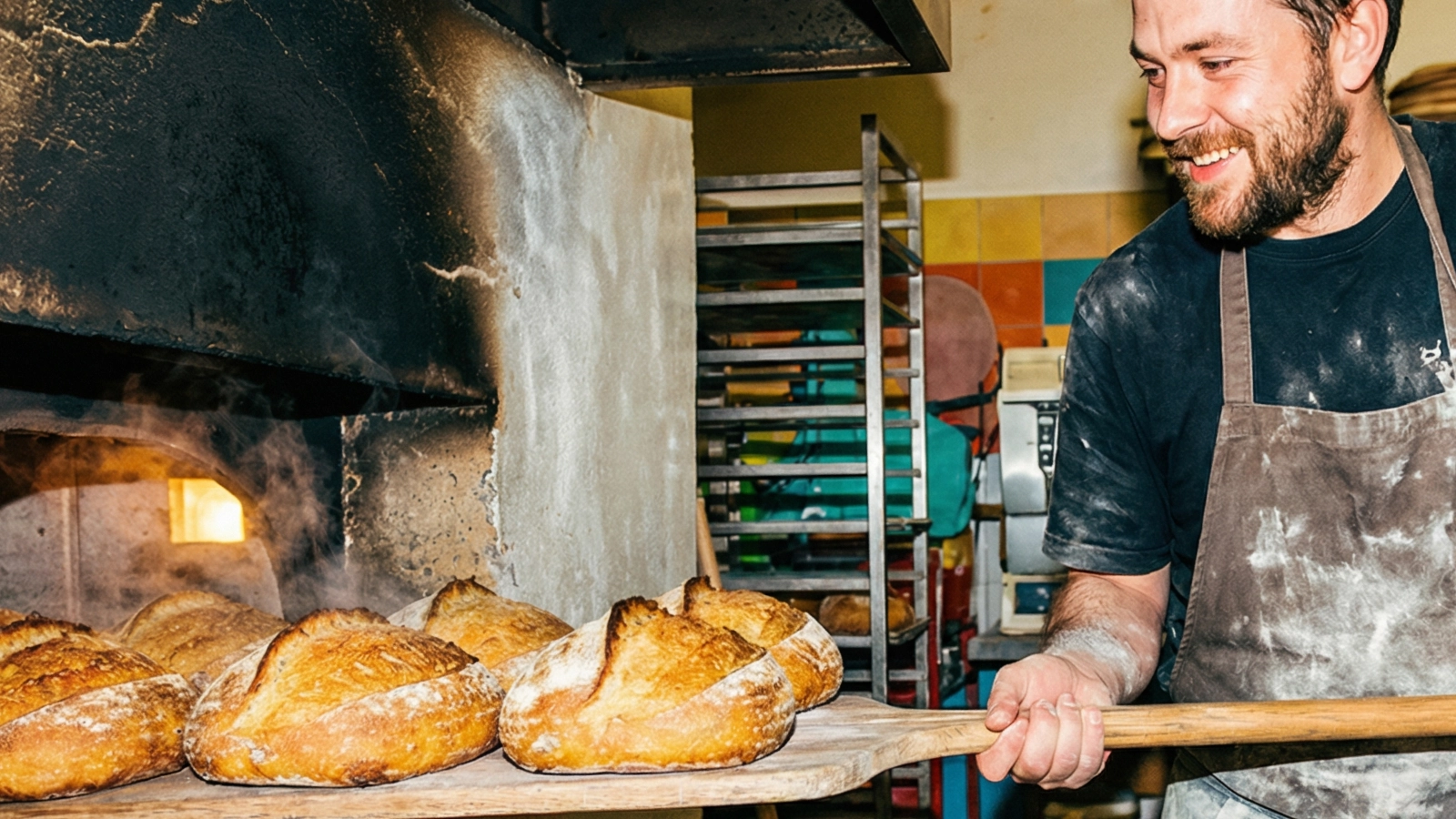Get ready for summer with our handy small business guide to help you beat the holiday staffing crunch and keep your teams happy and productive.
Every December, small businesses across Australia, especially those in hospitality and care work, face the double challenge of increased customer demand and staff taking leave. Budgets are stretched, hairs are split and traditional all too often, recruitment pipelines are choked, if not entirely depleted.
But with the right planning, flexibility and workforce strategy, even a small team can stay on top of the holiday season. Here are five ways to stay on top.
1. Attract Seasonal Staff Without Blowing Your Budget
When hiring for the busy season, small businesses should emphasise flexibility and purpose. Casual or short-term roles can appeal to people who want some extra income or work for a finite period, for example, university students finishing their semester or retirees looking for part-time work. Use low-cost channels such as social media, local community boards or referrals from current employees.
You don’t always need premium wages to complete. Offering staff discounts, early choice of shifts and a strong culture can make your roles more appealing. Just be sure you comply with national legislation: for instance, under the Fair Work Act 2009 and the recent reforms, a casual employee must fit the legal definition (no firm advance commitment to continuing work) and be paid the applicable casual loading or rate, under the relevant Modern Award.
2. Retirees and Students: The Hidden Heroes of Summer Hiring
Seasonal spikes often coincide with times when retirees seek engagement and students look for short-term work between terms, and these groups are particularly well-suited for roles in hospitality or care. Retirees often bring reliability, experience in customer service or care work, and a steady presence; while students are often eager, flexible and willing to learn fast.
For small businesses in Queensland, NSW, Victoria and beyond, partnering with local TAFEs, universities or community groups can tap into this talent pool. Emphasise flexibility in shift patterns, quick onboarding and the team-oriented culture you offer. By focusing on these groups, you maximise staffing capacity without necessarily increasing permanent headcount.
3. The Simple Roster Tweaks That Keep Teams Happy Through December
Maintaining team morale and fairness during the busiest season is just as important as securing the staff in the first place. Start rostering early and share the schedule with the team well in advance to help avoid short-notice shift changes or unplanned absences. Ensure high-demand days, weekends and public holidays (which vary by state, for example, substitute holidays in Queensland when Christmas falls on a weekend) are rotated fairly among the team.
Leverage scheduling tools to make shift-swapping easier, reduce administrative burden and prevent burnout. When staff feel their time and effort are valued, they’re more likely to stay engaged and less likely to leave mid-season.
4. Train Smarter, Not Harder
With temporary and seasonal staff entering your business, efficient onboarding and training become key. Rather than lengthy manuals, consider quick-start guides (one-page checklists or short video walkthroughs) to get new hires up to speed in hospitality or care settings. Pair each new hire with an experienced team member, who can mentor them and maintain service or care standards.
Automation helps too. Templates for onboarding paperwork, payroll data entry and rostering minimise admin time and risk of error. Especially given the recent changes under the Fair Work regime, such as the updated definition of a casual employee, the “employee choice” conversion pathway and other reforms, having clear employment agreements and correctly categorised roles is vital.
5. Keep Morale High When the Heat Is On
The busiest weeks of the year are often the most stressful for teams. It’s not enough just to fill shifts, you also need to keep staff energised and committed until the end of the season. Simple rituals such as a weekly thank-you huddle, a small staff lunch or recognition of the ‘employee of the week’ can go a long way.
Encourage break-taking, light-heartened check-ins and ensure shifts don’t run staff into burnout, particularly in physically or emotionally demanding sectors like aged-care or hospitality. The investment you make in staff morale now pays dividends in retention and avoids the cost and disruption of last-minute replacements during a holiday rush.


























